Evaluation of the CROSSDEV project to promote sustainable tourism in the Mediterranean
Title Cultural Routes for Sustainable Social and economic Development in the Mediterranean – CROSSDEV
Location Italy, Lebanon, Palestine, Jordan
Duration September 2019 – August 2022
Partners International Committee for the Development of Peoples (CISP), Culture Cooperative Society, Jordan University of Science and Technology, Association for the Protection of Jabal Moussa, The Royal Marine Conservation Society of Jordan, Palestinian Heritage Trail, Italian Ministry of Culture
Framework European Commission’s European thematic objective A.1 – Business and SMEs development and the priority A.1.3 – Encourage sustainable tourism initiatives and actions
Funding ENI CBC MED Programme of the European Commission
Context
There is a need for building up an area of peace and stability in the Mediterranean, reducing disparities, increasing opportunities for decent life and jobs for all, promoting dialogue and understanding for peaceful coexistence. The CROSSDEV project proposes a way to address these challenges through the exploitation of local culture and heritage to be turned into assets for socio-economic local development. The project identified specific cultural routes and destination to enhance and strengthen such as: Via Selinuntina in Sicily (Italy), Jabal Moussa Biosphere Reserve in Lebanon, Palestinian Heritage Trail in Palestine, Umm-Qais and Aqaba in Jordan.
The main objective of the project is, thus, to contribute to the economic (business & SMEs) and social development in the Mediterranean region, strengthening and enhancing sustainable tourism practices, emphasizing common heritages and resources.
In particular the project aims at:
- Increasing attractiveness of less known touristic destinations in Mediterranean areas. The main expected improvements are considered in terms of economic, income generating and job opportunities as well as social inclusion. In this sense, cross-border synergies and collaborations will reinforce attractiveness of identified destinations.
- Diversifying the tourism offer with niche territorial assets, developing new Sustainable Tourist Products. A cross-border perspective shall be adopted both for developing and marketing the Sustainable Tourism Products, to widen to the maximum extent the economic benefits for local communities.
General Objective
To assess the achievement of results of the project, the Local Development Unit carried out the Mid-Term evaluation. The evaluation considers two levels of analysis, the country-level and the “aggregate” level.
Our contribution
The mid-term evaluation is results utilization-focused, an approach that implies a participatory and interactive evaluation involving all project beneficiaries, such as: tourism-related stakeholders, institutions, economic actors, youth, women and communities living in and around the cultural routes and sites targeted by the project; partners and other relevant stakeholders at regional and country levels.
For the Mid-Term evaluation, the Local Development Unit applied a methodology composed of four main strands of analysis:
- Assessment of the alignment between CROSSDEV design and the objectives/priorities of ENICBCMED, and evaluation of the completeness and adherence to reality of the Project’s Theory of Change
- Analysis of the compliance to the OECD-DAC criteria
- Analysis of the added value provided by the cross-border dimension of the project
- Performance of the Project with regard to the following specific aspects of interest
- visibility
- cross-cutting issues such as gender, youth involvement, environmental impact, disability
- capacity building
- awareness raising on sustainable tourism concept, cultural heritage valorisation and conservation, sustainable tourism and socio-economic development links.
In line with the methodology, the Local Development Unit has developed a set of data collection tools necessary to evaluate the project outcomes in the Mid-Term Evaluation report: desk review of Project’s documentation, semi-structured interviews with lead partner, project partners, associate partners and key stakeholders, survey questionnaire with local stakeholders/beneficiaries.
Read more on our Local Development Unit
Related Projects
-

Social impact evaluation using the SROI methodology of small cocoa producers in Ecuador
-
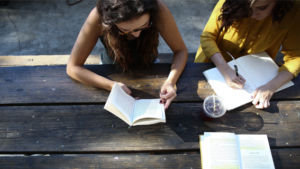
Betting on the Future: Youth and Territory in the Empolese Valdelsa Municipalities
-
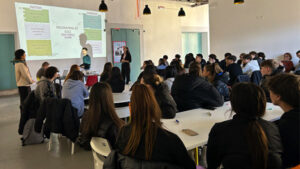
Generation 2030 training for local authorities on youth participation for sustainable development
-
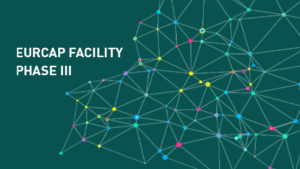
Capacity Building European Facility for the Readmission of Migrants – EURCAP, Final Evaluation
-

Voluntary Local Review of the Metropolitan City of Rome
-
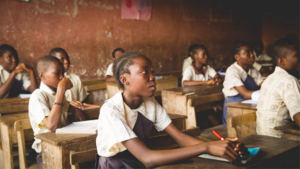
Evaluation of Dare to Hope, a project to create socio-economic alternatives to migration in Nigeria
-
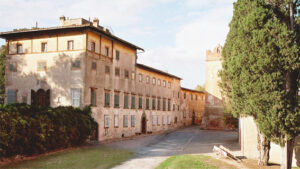
Territorial analysis for the recovery of the historic village of Villa Saletta
-

Territorial analysis for the enhancement of the Medici Gardens of Pratolino
-
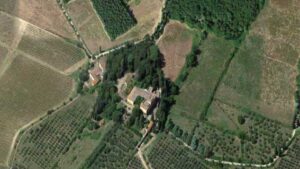
Studies and research for the eco-sustainable recovery, renovation and functionalization of the Villa Mondeggi Estate
-
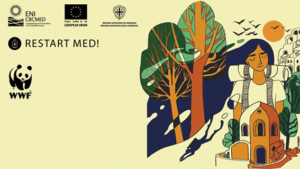
RESTART MED! capitalisation for the promotion of sustainable tourism in the Mediterranean
-
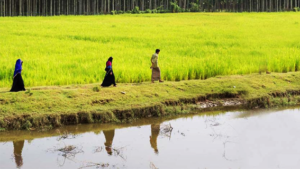
Evaluation of the project that fosters mainstreaming migration into international cooperation and development policies
-

Evaluation of the project INside AUT promoting the autonomy of persons holding international protection
-
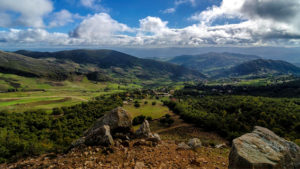
SDGs Localisation Strategies and Local Development in Tunisia
-
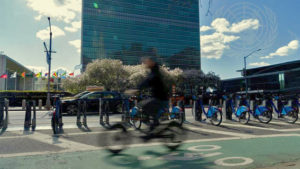
The Localization of the SDGs and post-pandemic recovery through enhanced multilevel governance
-

Migration and the localisation of SDGs: the role of diaspora associations for sustainable development
-
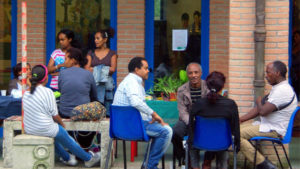
Final evaluation of the IOM project on municipalities and migration mainstreaming in Italy and Albania
-
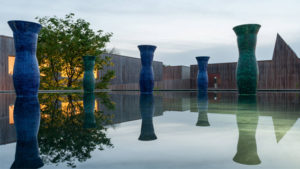
Territorial analysis for the valorisation strategy of Atelier Marco Bagnoli and the association Spazio X Tempo
-
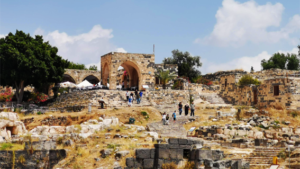
Mid-term evaluation of the MED GAIMS project for tourism promotion and preservation of cultural heritage in the Mediterranean
-

Territorial and socio-economic diagnostics for the Intermunicipal Structural Plan of Valdisieve
-
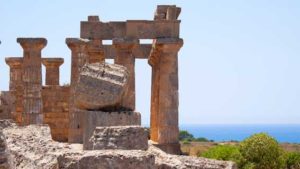
Evaluation of the CROSSDEV project to promote sustainable tourism in the Mediterranean
-

The Tuscan System of International Cooperation for the 2030 Agenda for Sustainable Development
-
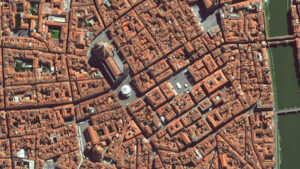
SDGs Localization for the 2030 Agenda for Sustainable Development for the Metropolitan City of Florence
-
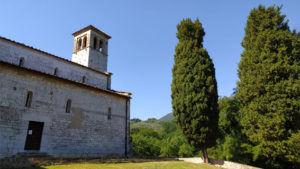
Development of sustainable tourism to preserve and enhance the Romanesque cultural heritage in Tuscany with Itinera +
-

SDGs localization to design sustainable development strategies | ARCO
-
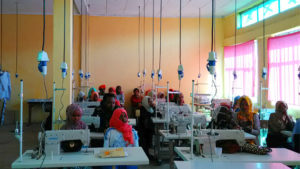
Mid-term evaluation of the project to contrast irregular migration in Ethiopia
-
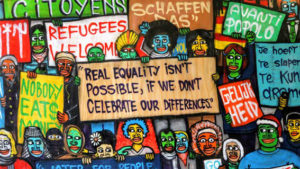
Evaluation of the SPRAR projects managed by ARCI Toscana
-
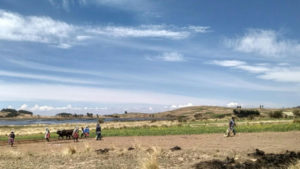
ECO.COM: strengthening local economic development in Bolivia
-
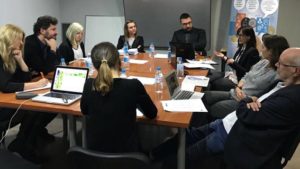
Cycle: il progetto per integrare l’economia circolare nella formazione per adulti
-
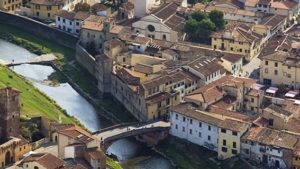
Need assessment to foster social inclusion in Tuscany
-

RB Tex: the new ethical label for the textile industry
-
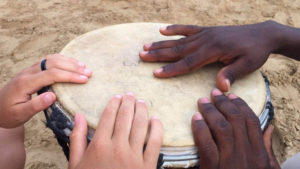
Investigating the link between migration and development in Italy
-
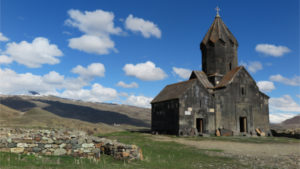
Action-research for ecotourism development in Armenia
-
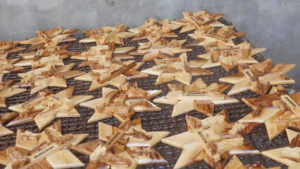
Increasing the sustainability of the local handicraft sector in Bethlehem
-
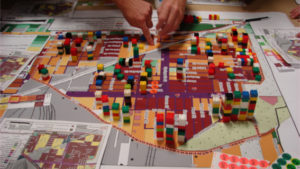
Strategic Plan of the Metropolitan City of Florence 2030
-
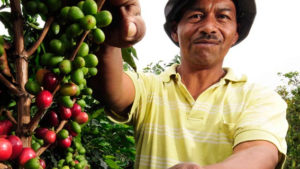
Impact evaluation of coffee cooperative in the Dominican Republic